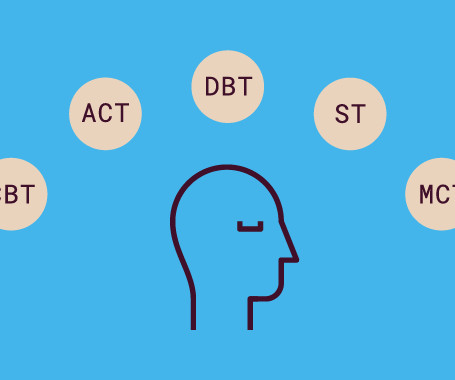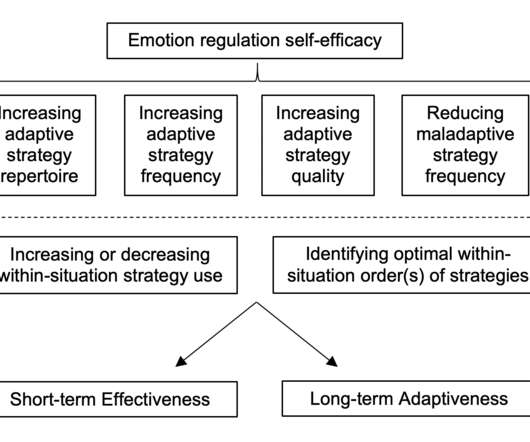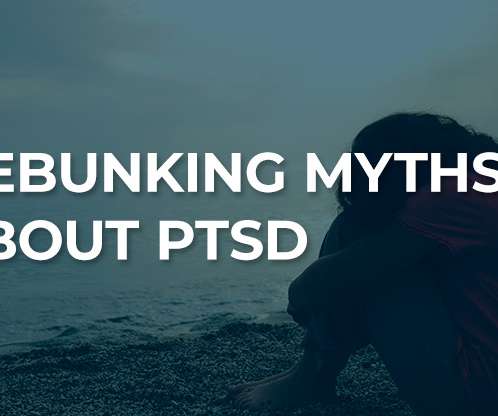Types of Therapy and Mental Health Providers
Stop Abuse Campaign
JANUARY 19, 2022
Cognitive Behavioral Therapy (CBT). One of the most popular forms of therapy is cognitive behavioral therapy, or CBT. . CBT is very focused on what is happening in the present and is based on the premise that when we can learn to control negative or distressing thoughts, we can then change our behavior. .













Let's personalize your content